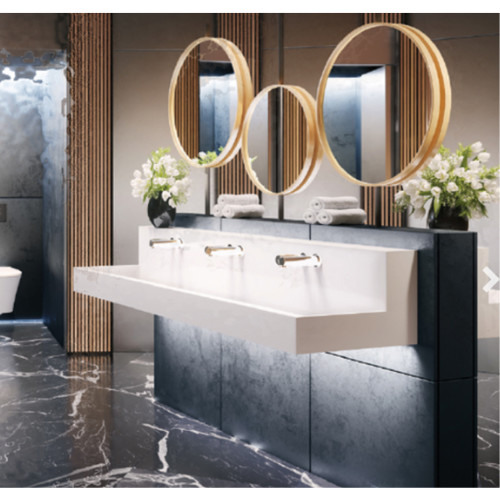Saint-Gobain exits plumbing, heating, and sanitaryware products specialist distribution in the UK

Saint-Gobain has entered into binding agreements for the sale of three of its remaining four UK distribution brands specialized in plumbing, heating and sanitaryware products to Wolseley UK: Neville Lumb, DHS and Bassetts. Completion is expected in early 2022.
Saint-Gobain has also entered into exclusive negotiations for the sale of Ideal Bathrooms, its remaining UK distribution brand specialized in plumbing, heating and sanitaryware products with Wolseley UK.
Together, these four brands employ 485 people and have 25 outlets, generating a turnover of approximately €130 million in 2020.
On successful completion of these transactions, given the divestment of Graham (turnover of approximately €260 million in 2020, 130 outlets) in August 2021, Saint-Gobain will no longer have any distribution brands specialized in plumbing, heating and sanitaryware products in the UK.
These transactions are part of Saint-Gobain’s continued portfolio optimization strategy to enhance the Group’s growth and profitability profile in line with the “Grow & Impact” plan objectives.
Mike Chaldecott, CEo of Saint-Gobain UK & Ireland said: "This sale is part of Saint-Gobain’s strategy to create a focussed portfolio of businesses directed towards high growth markets, with the expertise to Make the World a Better Home and help us achieve our vision to be a leader in light and sustainable construction."








